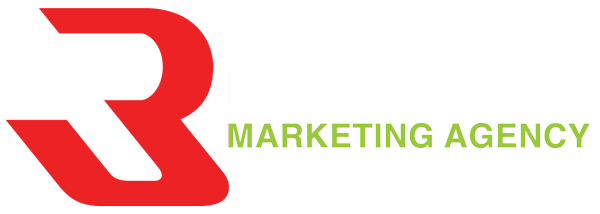So a customer calls your company and tells your receptionist they visited your website and a warning popped up saying their personal information was at risk. You quickly load your site and you get that pit in your stomach when you read the same warning. Immediately you wonder how many people left your website without making a purchase because of this warning. Don’t worry, this article will explain what causes this, how to fix it and why you need to make this a priority.
What is an SSL certificate?
The definition of SSL is actually the easy part. SSL is short for “Secure Sockets Layer”. This certificate is electronic and is viewable by your browser and customer. When you load your website, look to left of the address, you may see a green lock or the word “secure”. Your customers can also view the certificate to make sure it is currently valid and that its assigned properly. Show your customers you care about the safety of their personal information.
What does this SSL certificate do?
Basically a SSL certificate makes sure there is a safe and secure connection between your website and your customers devices. This connection keeps unwanted snoopers out, making sure they don’t steal information that passes between your customer and your business. This encrypted connection works behind the scenes making sure all the back and forth data transfers are safe, without slowing down your customers experience while on your website.
So do you REALLY need one?
Last month Google’s Chrome browser started marking websites as “Not Secure” if it does not have a valid SSL certificate. In the past if you collected no payment information, there really wasn’t an urgent desire and many people didn’t care about SSL certificates. But even personal information collected on lead forms should be protected. Most credit card merchants now require that you have a SSL certificate in order to process any payments on your website.
Google and other search engines are apparently taking note. We are finding websites that are secure with SSL seem to rank better than similar sites that are not. It looks like Google and other search engines are seeing and noting the value and importance of protecting your website.
Even if you don’t collect personal information or sell any products, login pages could be compromised. This includes login pages even for WordPress or other CMS platforms.
What to do if your site doesn’t have SSL…
The best practice is to work with an agency that takes your business seriously. If your current agency is not performing to your expectations and has dropped the ball on securing your websites, perhaps its time to reach out to Red 3 Media. Keeping clients sites up to date, secure and safe are top priorities. You should be focusing on running your business, and leave the technical work to the professionals. If you would like to learn about which SSL certificate is right for your business, there are plenty of resources online.

